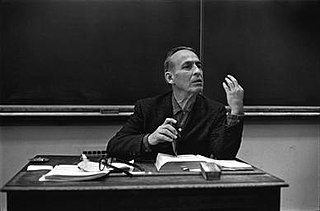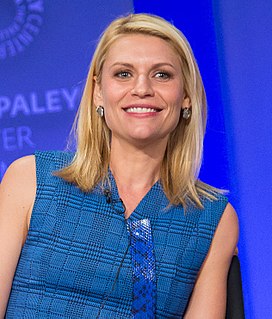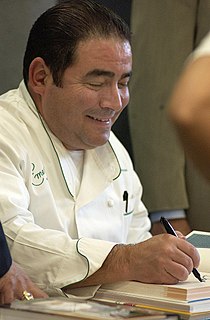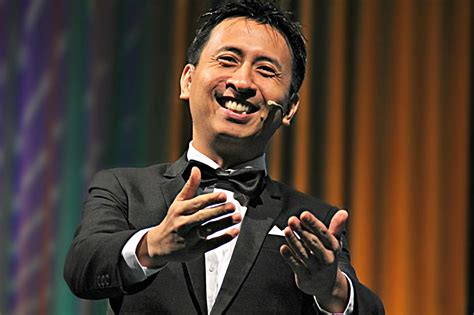A Quote by Camille Paglia
Christianity began as a religion of the poor and dispossessed - farmers, fishermen, Bedouin shepherds. There's a great lure to that kind of simplicity and rigor - the discipline, the call to action.
Related Quotes
Theism, as a way of conceiving God, has become demonstrably inadequate, and the God of theism not only is dying but is probably not revivable. If the religion of the future depends on keeping alive the definitions of theism, then the human phenomenon that we call religion will have come to an end. If Christianity depends on a theistic definition of God, then we must face the fact that we are watching this noble religious system enter the rigor mortis of its own death throes.
In our family, there was no clear line between religion and fly fishing. We lived at the junction of great trout rivers in western Montana, and our father was a Presbyterian minister and a fly fisherman who tied his own flies and taught others. He told us about Christ's disciples being fishermen, and we were left to assume, as my brother and I did, that all first-class fishermen on the Sea of Galilee were fly fishermen and that John, the favorite, was a dry-fly fisherman.
On all the walls, wherever walls exist, I will inscribe this eternal indictment of Christianity--I have letters to make even blindmen see.... I call Christianity the single great curse, the single great innermost depravity, the single great instinct of revenge, for which no means is poisonous, secretive, subterranean, small enough--I call it mankind's single immortal blemish.... And we reckon time from the dies nefastus with which this calamity arose--following Christianity's first day!--Why not following its last day, instead?--Following today?--Transvaluation of all values!
As much as I loved the model of St. Francis, I realized that I couldn't afford to be poor, because unlike St. Francis, I'm not celibate. I was enlightened that God's call to me was not poverty but generosity and simplicity. And I had to go back to the lesson I learned from my parents: that is, simplicity.



































